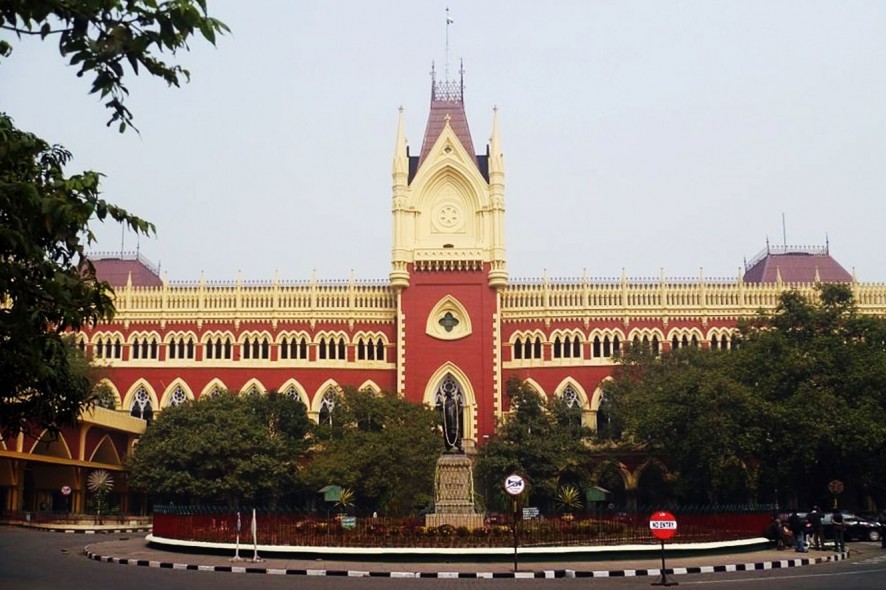Calcutta High Court: The Division Bench of Rajesh Bindal, CJ. (A) and Arijit Banerjee, J., while hearing the pleas for interim bail of four Trinamool Congress leaders arrested by the CBI in the Narada scam case gave split verdicts.
Four applications were filed by four accused in a criminal case initiated against them and others under Section 120B of the Indian Penal Code read with Sections 7, 13(2) and 13(1)(a) & (d) of the Prevention of Corruption Act, 1988. Court’s order dated 17-05-2021, the order of bail granted in favour of the four accused persons was stayed until further orders.
This particular order was confined to the issue of whether or not interim bail should be granted to the accused persons as was done by the Court below.
Arijit Banerjee, J., noted that all accused persons were all advanced in age and it was not in dispute that the applicants suffer from various age related and other ailments and moreover they were all permanent residents of Calcutta. The argument of Solicitor General of India that if the applicants were enlarged on bail, they were likely to tamper with evidence and intimidate prosecution witnesses by using their high position and influence in the society did not appeal his lordship and he opined that if the applicants had to tamper with evidence, they would have done it by now. He further opined that investigation against the present applicants was complete and charge-sheet has been submitted against them. He stated that, I have not understood as to how custodial detention of the applicants is necessary any more, or how further investigation against the other accused persons will be hampered if the applicants are not detained in custody.
Arijit Banerjee, J., held that the applicants make a prima facie case for interim bail.
Rajesh Bindal, CJ. (A) after going through the order passed by Arijit Banerjee, J. added that , the arguments in the application for recalling the earlier order dated 17-05-2021 were still being heard and counsel of one of the accused had not even completed his arguments and the response by CBI was yet to be heard and in this scenario granting interim bail at this stage would be pre- mature, especially when the cases were being taken up on day to day basis. He emphasized that situation in which they had passed that order was different and unprecedented and Extraordinary situations need extra-ordinary solutions.
He explained that, Whether mobocracy, where any law enforcing agency was allegedly obstructed in discharge of its official duty, can have impact on decision or the decision making process, is yet to be gone into. Issue regarding access to justice is to be examined, where the allegations are that the CBI officers were even denied access to court. Arguments of the CBI that entire proceedings for grant of bail before the trial court were vitiated on account of unprecedented protests led by the Chief Minister in the office of CBI and by the Law Minister in the court complex, are yet to be examined. These have direct bearing on the ‘public trust and confidence of the people in the judicial system’ and the rule of law versus the mobocracy. Legal issues cannot be allowed to be raised and settled in streets, as these are not decided by show of strength but on merits of the controversy in accordance with law, for which robust judicial system is available.
The Court concluded that considering the age and health issues of the accused, three of whom are said to be admitted in hospital, instead of custody in jail, they can be put under house arrest in their own homes taking guidance from the Supreme Court verdict in Gautam Navlakha v. National Investigation Agency, Criminal Appeal No. 510 of 2021, decided on 12-05-2021.
[CBI ACB Kolkata v. Firhad Hakim, 2021 SCC OnLine Cal 1642, decided on 19-05-2021]
Suchita Shukla, Editorial Assistant has put this report together







